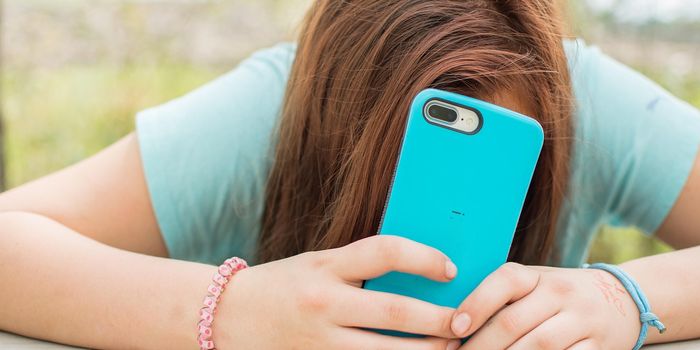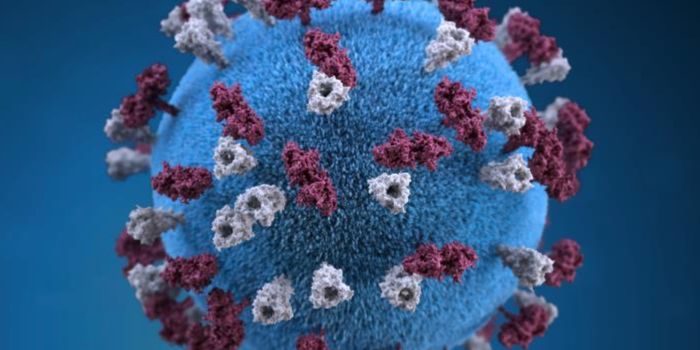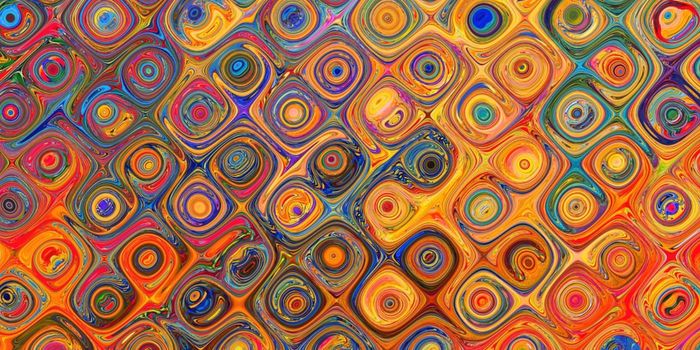New Study States Natural Immunity to COVID Lasted up to 15 months in the Majority of Its Cohorts
From the beginning of the pandemic to late January 2022 during the Omicron wave, the CDC estimates that 43% of the US population have had COVID. New research published last month suggests that natural immunity to SARS-CoV-2 may last up to 15 months.
This study investigated the duration and quality of natural immunity to SARS-CoV-2 by looking at antibody and memory B and T cell responses in plasma from COVID patients compared to plasma from negative controls collected before the pandemic.
Antibodies are immune cells in the blood made in response to a virus to prevent re-infection. They are produced by plasma cells. Antibodies prevent re-infection by quickly blocking viral replication when a person is re-exposed to a virus. They may not be as efficient if their numbers wane with time or if a new virus variant is too diverse from the original strain that caused infection.
If antibodies are no longer protective when a person is re-exposed to a virus, the immune system recruits memory B and T cells that are also produced after initial infection and are specific to each virus. Memory B cells persist in the bone marrow and can differentiate into plasma cells that produce antibodies in the blood when re-exposed to a virus.
Memory T cells coordinate antibody production as well. They help B cells differentiate into plasma cells and can bind to and kill virus-infected cells. Immune responses where T cells are activated and produced earlier on in the course of infection have been associated with less severe COVID-19 cases.
Researchers analyzed antibody levels in 136 and memory B and T cells in 54 Swedish and Italian patients infected with SARS-CoV-2 from February 2020 to June 2021, including patients from the Alpha wave. Plasma samples were collected at 6 different time points for up to 15 months after infection. Symptoms ranged from mild to severe in these patients.
The data suggest that antibody responses to SARS-CoV-2 decrease from their peak at 14 to 30 days after infection but stabilize around 6 months after infection. Antibody activity was still detected in the majority of patients up to 15 months. Antibody activity was lower against other variants, which in this study included Beta, Gamma, and Delta, particularly at 9 to 15 months after infection.
COVID-19-specific memory B and T cells also remained present in the majority of patients between 6 and 15 months after symptom onset. Memory T cells didn't peak until 3 to 6 months after infection and were reduced at 12 to 15 months. Memory B cells were more persistent.
Interestingly, people with milder COVID symptoms had shorter-lived IgG antibody responses, but no significant correlation was found between disease severity and the number of memory B cells.
The researchers recommended longer follow-up past 15 months for more thorough evaluation of the length of natural immunity against COVID-19.








